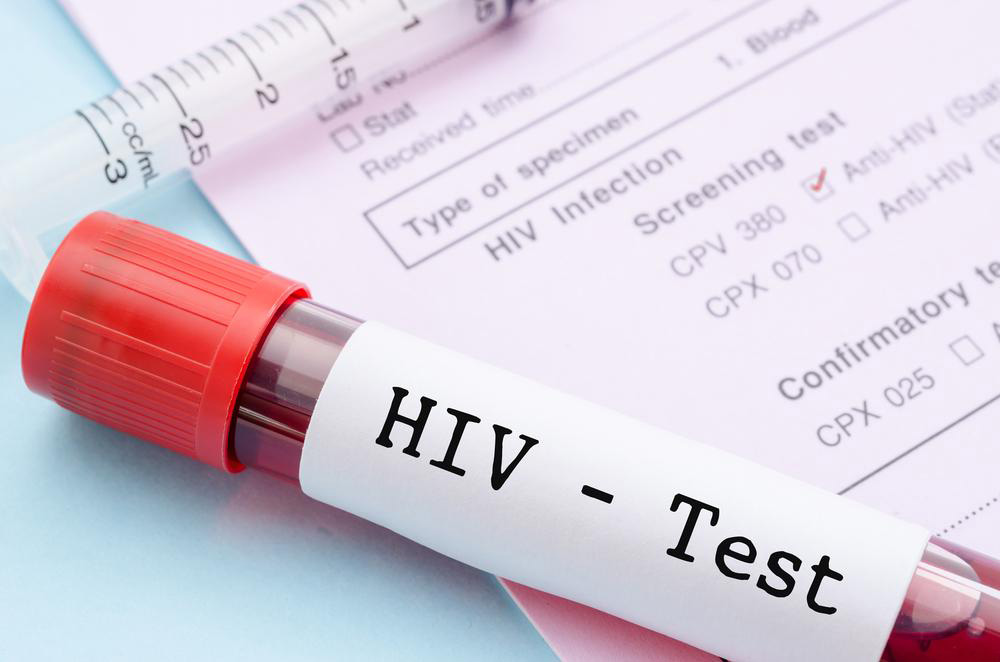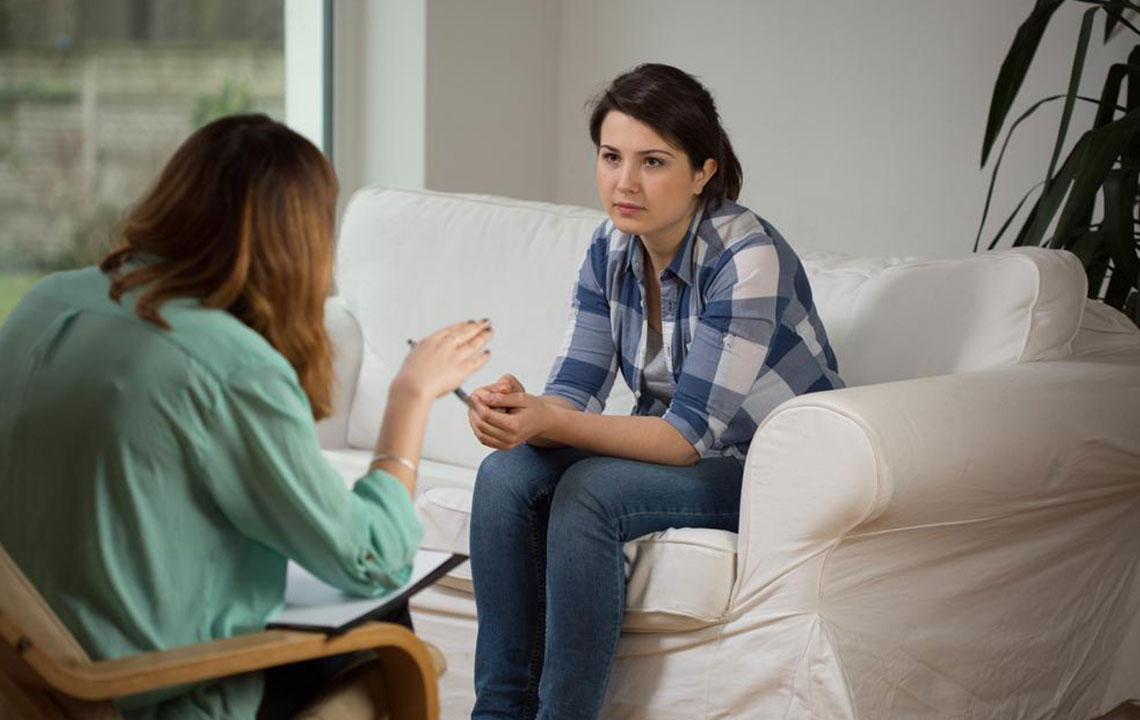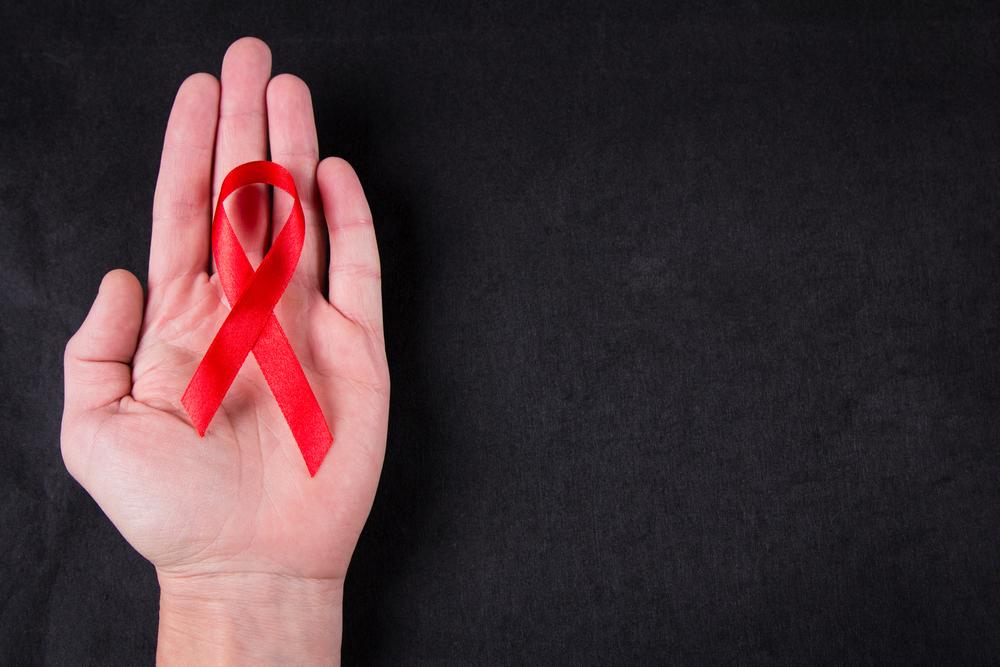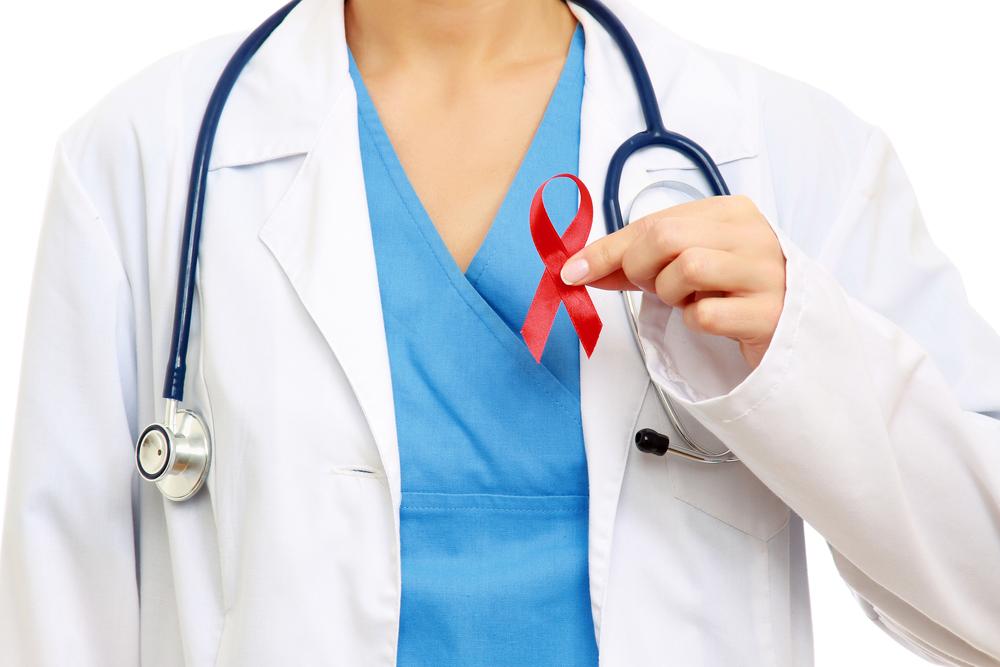What are the early signs and symptoms of HIV infection?
HIV is short for human immunodeficiency virus. HIV infection can cause AIDS (acquired immunodeficiency syndrome). HIV is transmitted sexually but you can also contract the infection if HIV-infected blood enters your system. Women with HIV can also pass the infection on to their children during pregnancy or while breastfeeding. HIV infection advances in stages and AIDS is the final one. Not everyone with HIV gets AIDS.
Once someone is infected with HIV, it lasts a lifetime.

The early signs of HIV
HIV signs and symptoms vary depending on the stage of the infection. A person with HIV may not experience all the symptoms of the infection. Most people with HIV develop flu-like symptoms a few weeks after contracting the virus and some may not feel sick at all. Other common symptoms have been listed below.
Fever
Muscle aches
Joint pain
Headaches
Sore throat
Swelling in the lymph nodes
Rash
Night sweats
Fatigue
Mouth ulcers
Steps to take when you notice the warning signs of HIV:
The early signs of the HIV infection are similar to other viral infections. So, it is easy to assume these symptoms as just another infection. But if you suspect it to be HIV, it is very crucial to immediately consult a doctor and get yourself tested.
The early HIV positive symptoms can be so mild that you may not even feel that you are sick. It is during this early stage of the infection that your body has the most number of viruses and raises your chances of infecting others. Therefore, if you feel there is even a slightest chance that you may have HIV (in case you had unprotected sex with anyone recently or if the blood of an injured person got into your system), testing for it can be helpful in controlling the infection.
Some people do not experience any early symptoms of HIV. Some people with HIV may not even have any symptoms for years. Therefore, if you suspect you might be exposed to the virus, getting tested is the right thing to do. Only HIV tests can confirm the presence of an infection as early HIV signs and symptoms are the same as any other viral infection.
Treatment
HIV infection treatment options may vary from each person. HIV has no cure, but with daily medication, therapies, and regular testing, it is possible to manage the disease.
There are many different types of HIV drugs. Each type of drug fights the HIV infection in a different way.
Doctors usually recommend the use of 23 drugs from different classes to prevent the viruses from becoming resistant to the treatment.
Each person can respond to the treatment differently. This is why your doctor will consider your medical history before prescribing any drugs.




